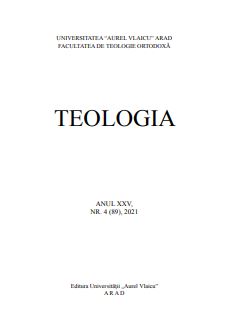Les catéchismes catholiques français entre 1960 et 1980: l’ importance de l’expérience humaine et croyante
French Catholic Catechisms between 1960 and 1980: the Importance of Human and Believing Experience
Author(s): Vasile CreţuSubject(s): Christian Theology and Religion, History of Church(es), Post-War period (1950 - 1989), Sociology of Religion
Published by: Editura Universității Aurel Vlaicu
Keywords: catechism; catechesis; Catholic Church; France; Joseph Colomb; human and faith experience;
Summary/Abstract: It is generally admitted at present that the attention paid to the human and faith experience is at the heart of the catechetical movement in France. It has not always been in this way. The awareness of its importance has occurred progressively, first with the catechists of the 1950s, such as Marie Fargues and Françoise Derkenne, who focused on the value of taking into account children’s interest areas in catechetical approaches. In the same period, Joseph Colomb emphasized the perfect relation existing between the human experience and the faith experience. During the 1960s, period of Vatican Council II, the bishops of France recognize the place of the human experience in what they call the pedagogy of signs. In 1960, Catechesis is born. The transformation of Catechistic Documentation into the Catechesis magazine marks a break in the history of Catholic catechism in France: it consacrates the passing from catechism to catechesis. The preliminary of its first number reviews this semantic transfer which is more than a methodological aggiornamento. On the one hand, the catechesis is a mission of the Church of a pastoral nature, consisting of transmitting the doctrine of salvation in order to strengthen the faith of the believers in their particular conditions of people, time and place. On the other hand, the catechesis is a pastoral activity centered on the education of the faith, which involves a pedagogical reflection and approach, constantly focusing on people and on their concrete possibilities of reception of the religious knowledge; it means taking into account the conditions of people’s age and milieu, seen as a starting point for the pedagogical laws and methods.
Journal: Teologia
- Issue Year: 91/2022
- Issue No: 2
- Page Range: 89-109
- Page Count: 21
- Language: French

